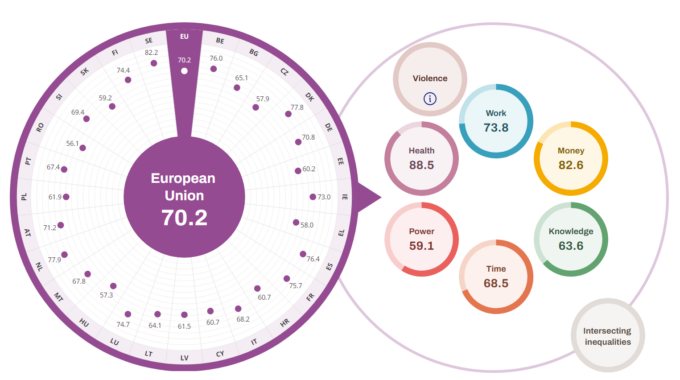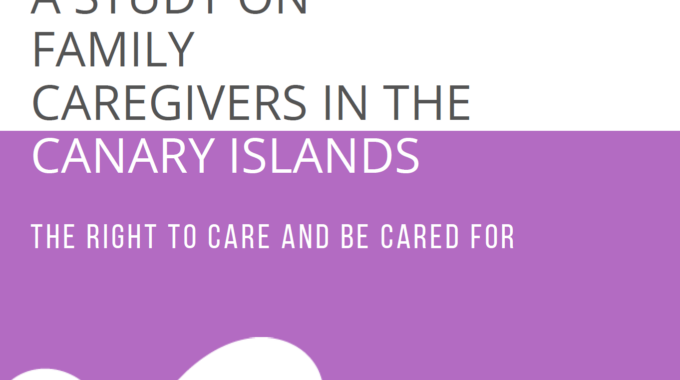Quality of Life of Schoolchildren Living with a Long-Term Sick Parent: The Role of Tasks at Home, Life Circumstances and Social Support
This study investigates whether there are differences in quality of life—i.e., psychosomatic complaints and life satisfaction—between schoolchildren with and without a chronically ill or disabled parent at home. It also examines the role played by the intensity of tasks, life circumstances, and social support at home and school. In 2017, a Dutch representative sample of adolescents aged between 12 and 16 (from the Health Behaviour in School-aged Children study) completed a questionnaire about illness of family members, tasks at home, life circumstances and characteristics, social support, psychosomatic complaints and life satisfaction. In total, 5470 schoolchildren who did not have a parent with a chronic illness and 652 who did have a parent with a chronic illness were selected (average age 13.9). Stepwise multilevel logistic regression analyses in STATA were used.
Schoolchildren with an ill parent had more psychosomatic complaints and lower life satisfaction than their counterparts without an ill parent, even when controlling for extra task hours, specific life circumstances and characteristics (e.g., more likely to be growing up in a single-parent family or step-family and more likely to be female), and lower perceived support. These aspects are also predictors of a lower quality of life. Professionals should address these aspects of the life of schoolchildren with a sick parent in such a way that they are facilitated to make a successful transition to adulthood.





